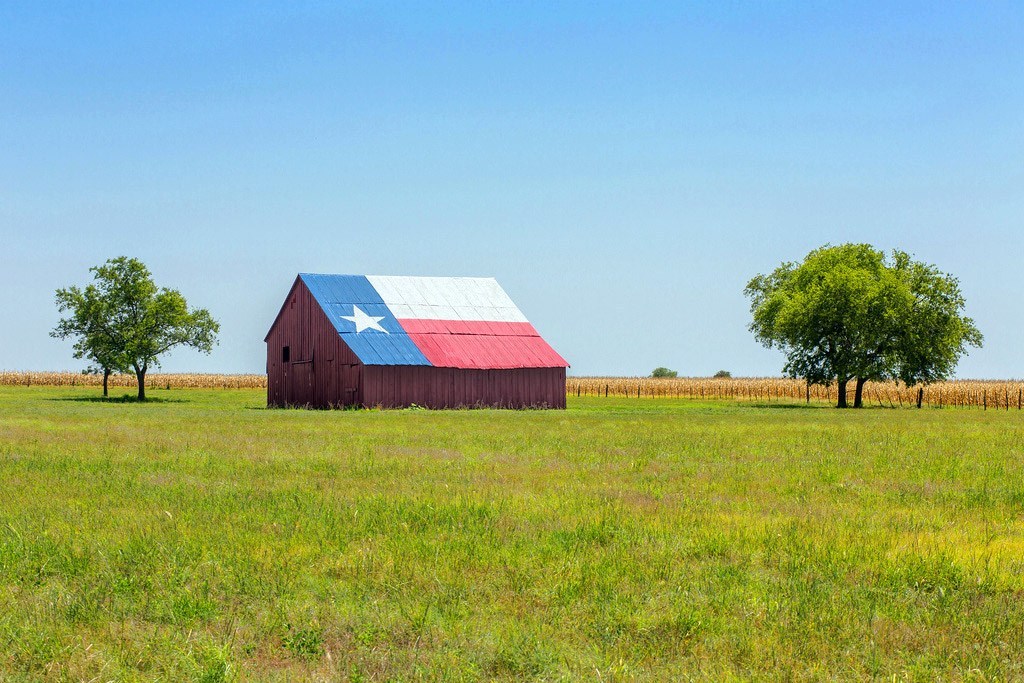Texas Slang and Twang: How to Talk Like a Texan
Texas boasts several accents within its own border, from the slowly stretched-out East Texas drawl, to border-hopping Spanglish known as Tex-Mex, to the tight twang of the Panhandle and West Texas.
Even though Texans like to brag about their accomplishments, they can’t take credit for the Southern accent that prevails below the Mason-Dixon Line. However, residents of Houston and the Gulf Coast region can claim some of the spice that makes the Southern dialect unique. For the most part, the following examples are found in rural areas of the state, though you’ll occasionally hear a “yessir” or “fixin’ to” in a downtown urban environment.

Let’s start with the obvious: “Howdy, y’all.” It’s the quintessential Texas and Southern phrase, usually invoked with a mocking twang by Yankees (a name used down here to jokingly refer to anyone north and east of Oklahoma). The truth is Texans actually say these words often, but usually not together. “Howdy” is typically muttered as a polite greeting as opposed to a garish welcome, and its use as a friendly salutation is one of many cultural traditions taught at Texas A&M University. As for “y’all,” it just makes sense—why refer to a group of people (women and children, in particular) as “you guys”? The common Texas phrase “all y’all” takes things to a whole new level, however.
Texans also use “sir” and “ma’am” regularly, just not in a formal or subservient way. It’s common to hear men respond to each other with a simple “yessir” or “nosir,” and it’s just plain polite to express appreciation to someone—a police officer, fellow pedestrian, or store clerk—with a simple “thank you, ma’am.” Up North, these terms take on military or old maid connotations, but in Texas, people are just being cordial. Like other Southerners, Texans of all ages refer to their parents as “mother” and “daddy.” It’s somewhat strange to hear a grown man talk about his “daddy’s” influence, but it’s charming, nevertheless.
Newsletter Signup
By clicking ‘Sign Up,’ I acknowledge that I have read and agree to Hachette Book Group’s Privacy Policy and Terms of Use
Another Texas phrase that gets the Yankees giggling is “fixin’ to.” It’s a handy term that’s quintessentially Southern, indicating someone is getting ready to do something without fully committing to carrying out the task (“I’m fixin’ to pay those bills soon”). Incidentally, the “fixin’” also refers to food in Texas, garnishes and side dishes in particular. If you order a burger or barbecue plate with all the fixin’s, you’ll get onions, pickles, peppers, and any number of sides or sauces piled on the plate.
Speaking of food, occasional confusion arises when Texans refer to “dinner” and “supper.” These are interchangeable in other parts of the country, but around here, “dinner” can mean lunch, but “supper” almost always refers to the evening meal.
Other examples of Lone Star speak are evident in the pronunciation of words. You can tell a Texan by the way they emphasize the first syllable in words like umbrella (UM-brella), insurance (INsurance), and display (DIS-play.). Others are more subtle, like the tendency to flatten out the vowel sounds in words like mail (mell), wheel (well), and the double whammy windshield (wenshell).
Finally, you’ll occasionally hear Texans using traditional rural sayings like “over yonder” (over there), “pitch a hissy fit” (a dramatic reaction), and even “gaddum” and its derivative “dadgum.” Fortunately, Texans are such a friendly bunch, they won’t pitch a hissy fit if you sound like a dadgum Yankee.
Newsletter Signup
By clicking ‘Sign Up,’ I acknowledge that I have read and agree to Hachette Book Group’s Privacy Policy and Terms of Use
Pin it for Later

